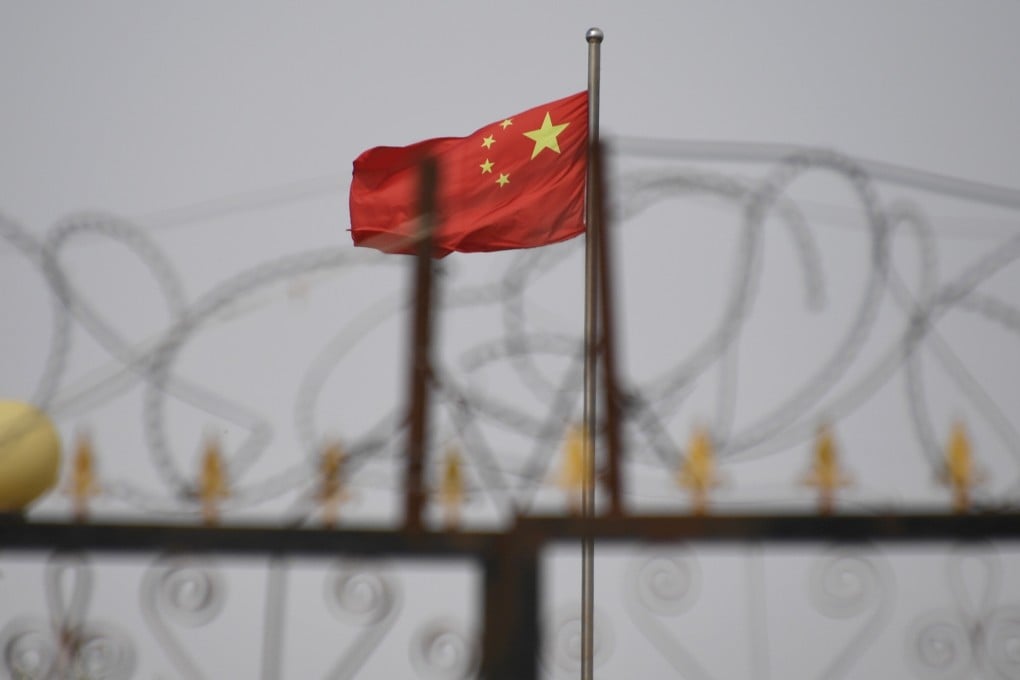Britain’s ‘genocide’ clause clears legislative hurdle, may affect future China trade deals
- Amendment to the trade law would force debate on trade ties with any country deemed by British courts to have committed genocide
- While not exclusively aimed at China, numerous supporters and opponents in House of Lords confirmed that events in Xinjiang have given it impetus

The House of Lords voted to pass an amendment to the trade law on Tuesday, which could force the government to reconsider trade deals where the consignee has been found by British courts to have committed genocide. It cleared the house with a vote of 359 to 188, and will now go to a vote in the House of Commons next week.
“While this amendment does not focus solely on China, a primary concern of many of our colleagues is the deplorable actions of the Chinese government towards the Uygur population in Xinjiang province,” said Gerry Grimstone, the trade minister in the House of Lords, who opposed the motion.

02:27
US declares China has committed genocide in its treatment of Uygurs in Xinjiang
The amendment will now pass to the House of Commons, where members of parliament will vote again on the trade bill, which has been amended since a narrow defeat in the chamber in January.